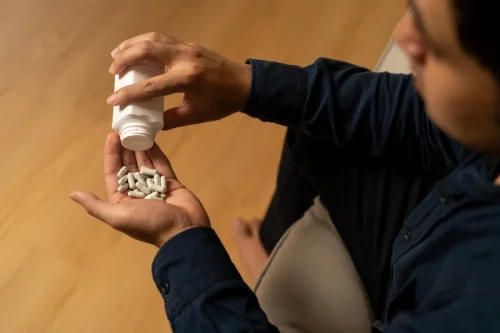
In the case of the alcoholic dealing with shakes after cessation of drinking, what causes it is an overactive sympathetic nervous system. how to get rid of tremors from drinking Now that alcohol is no longer in the picture, the brain and CNS can function properly. This stabilization becomes an overstimulation for the brain in its current form, which then produces what we know to be tremors. The following quiz is called the AUDIT, which is short for Alcohol Use Disorders Identification Test.
Symptoms Associated with Shaking After Drinking

Once detox is complete, most patients usually feel an immediate change in their alcohol shakes. The brain begins to restore its chemical balance, the central nervous system isn’t as “overstimulated,” and the shakes, even if they don’t subside, lessen in severity. The association between alcohol shakes and DT (a nightmarish withdrawal symptom that can lead to death) boils down to seizures. Delirium tremens can produce seizures, withdrawal hallucinations, and in some cases it’ll slow the respiratory system to a crawl, leading to organ failure and, at times, a full system shutdown. As the brain restores balance and regulates without the influence of alcohol, usually the anxiety subsides which lessens the severity of alcohol shakes.

Symptoms of Alcoholism

That means, when ingested, alcohol works to lower heart rate, slow the respiratory system, and halt communication between certain neurons. Over time, the brain and the central nervous system become accustomed to this “lower standard” of operating. It’s likely that you’re aware of the stigma that comes with being an alcoholic.
Medical Professionals
If you’ve ever experienced a night of heavy drinking, chances are you know what it feels like to wake up the next day and feel jittery. It is also important to follow any prescribed medication regimen, as medications may cater to specific long-term consequences of alcohol abuse, such as brain damage. Friends and family are valuable tools for helping you stay alcohol-free and reduce tremors. The more time you spend with people encouraging your alcohol-free lifestyle, the better your chance of successful recovery. Heavy drinkers may develop an addiction to alcohol that requires professional treatment.
- Over time, the brain and the central nervous system become accustomed to this “lower standard” of operating.
- These tremors typically manifest as uncontrollable shaking of the hands, limbs, or other parts of the body.
- We recently launched our in-app chatbot, Melody, powered by the world’s most powerful AI technology.

This results in the decreased anxiety and sedation that drinkers often experience. Upon cessation, the body attempts to compensate for this imbalance, which can cause shakes and other withdrawal symptoms. Benzodiazepines are used to treat withdrawal symptoms such as tremors but must be used under close medical supervision, as they can be dangerous. Valium, Librium, Ativan, and Serax are benzodiazepines that may be prescribed to treat symptoms of alcohol withdrawal.